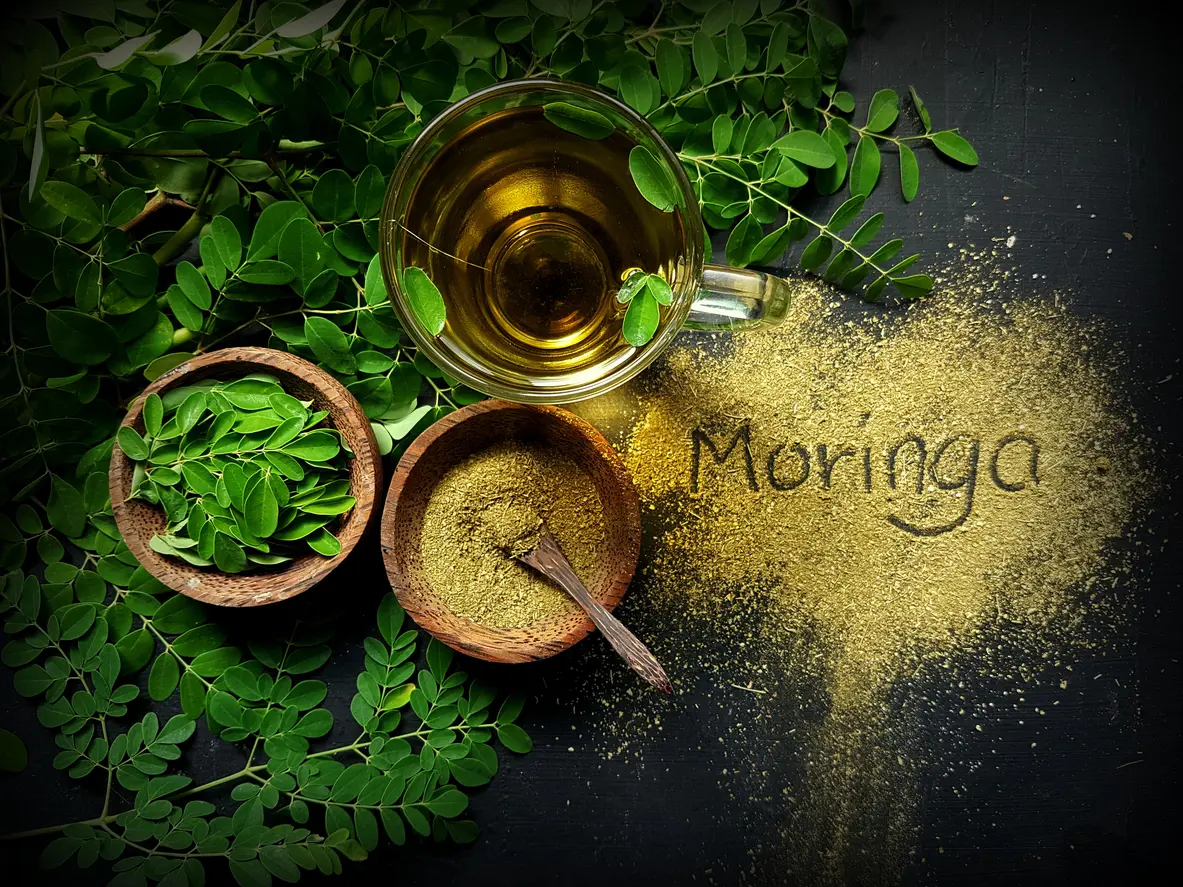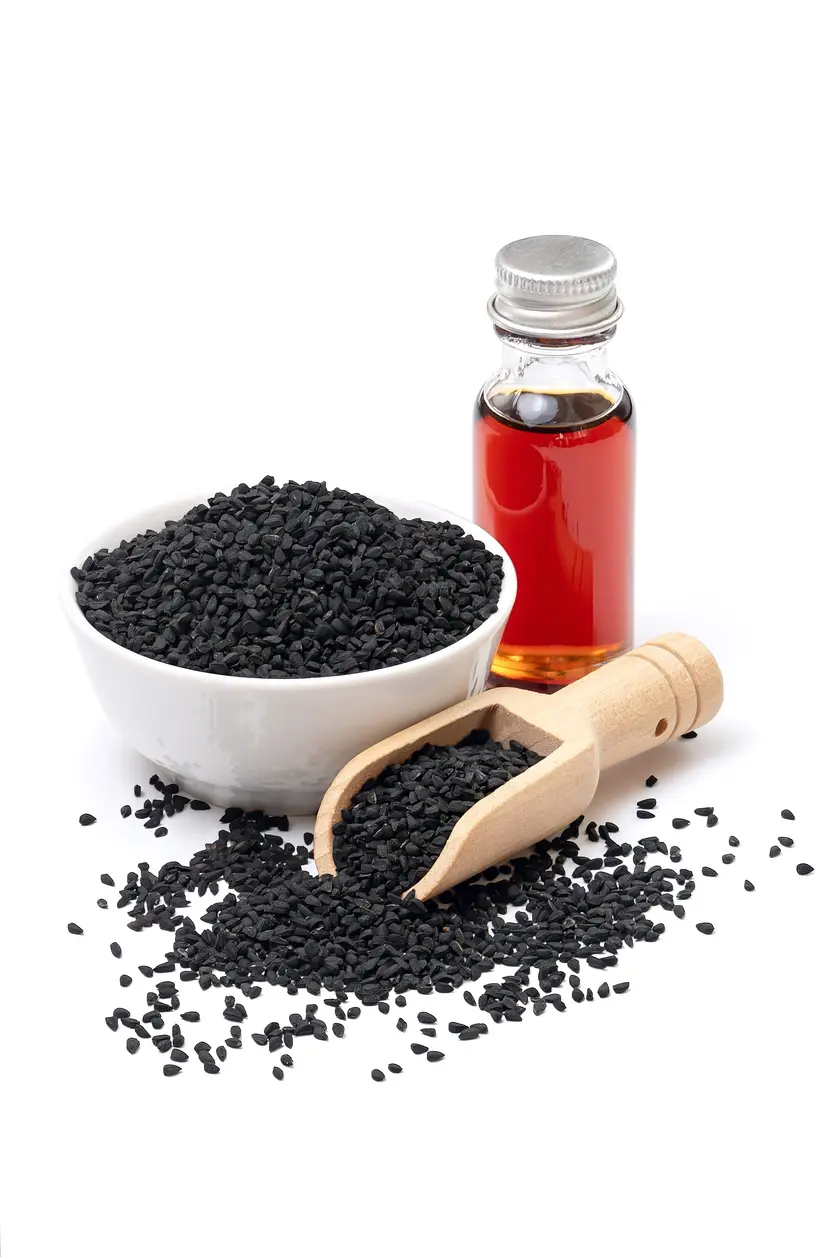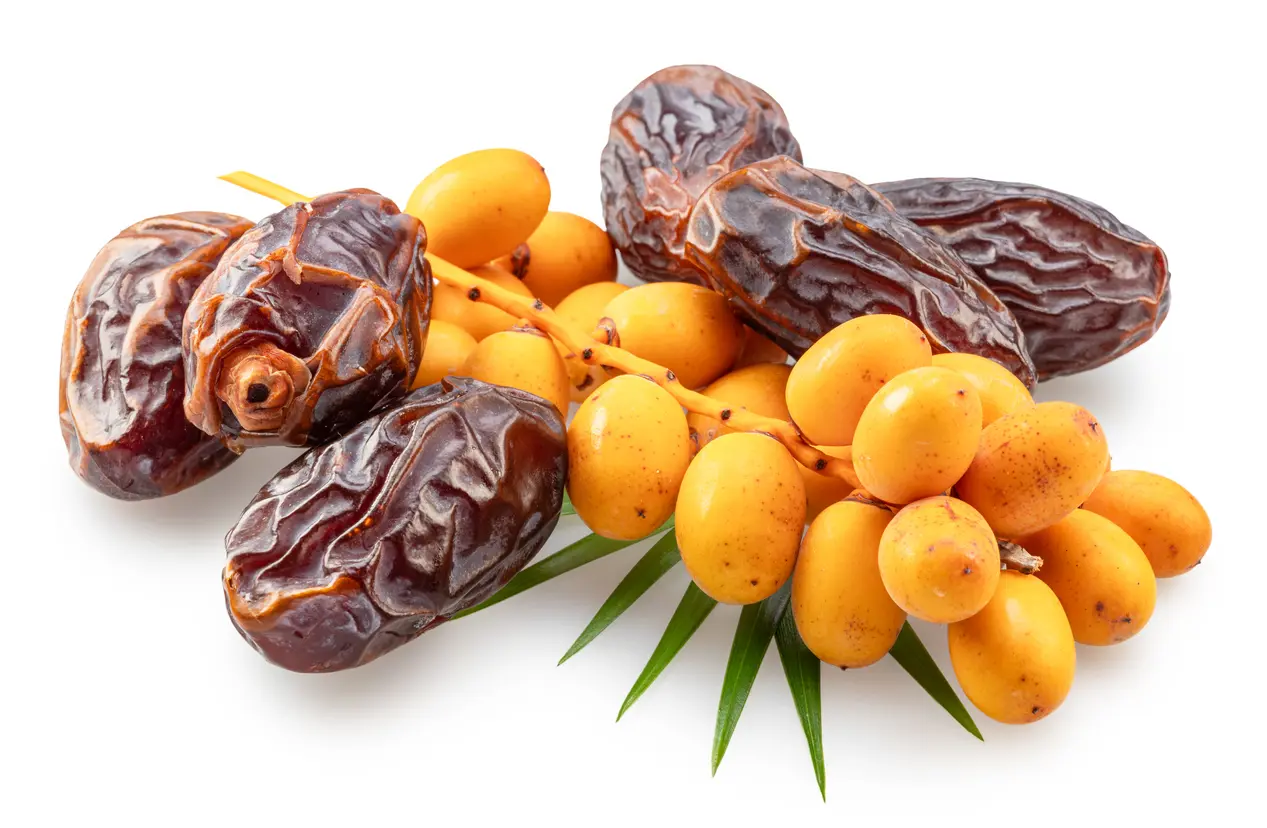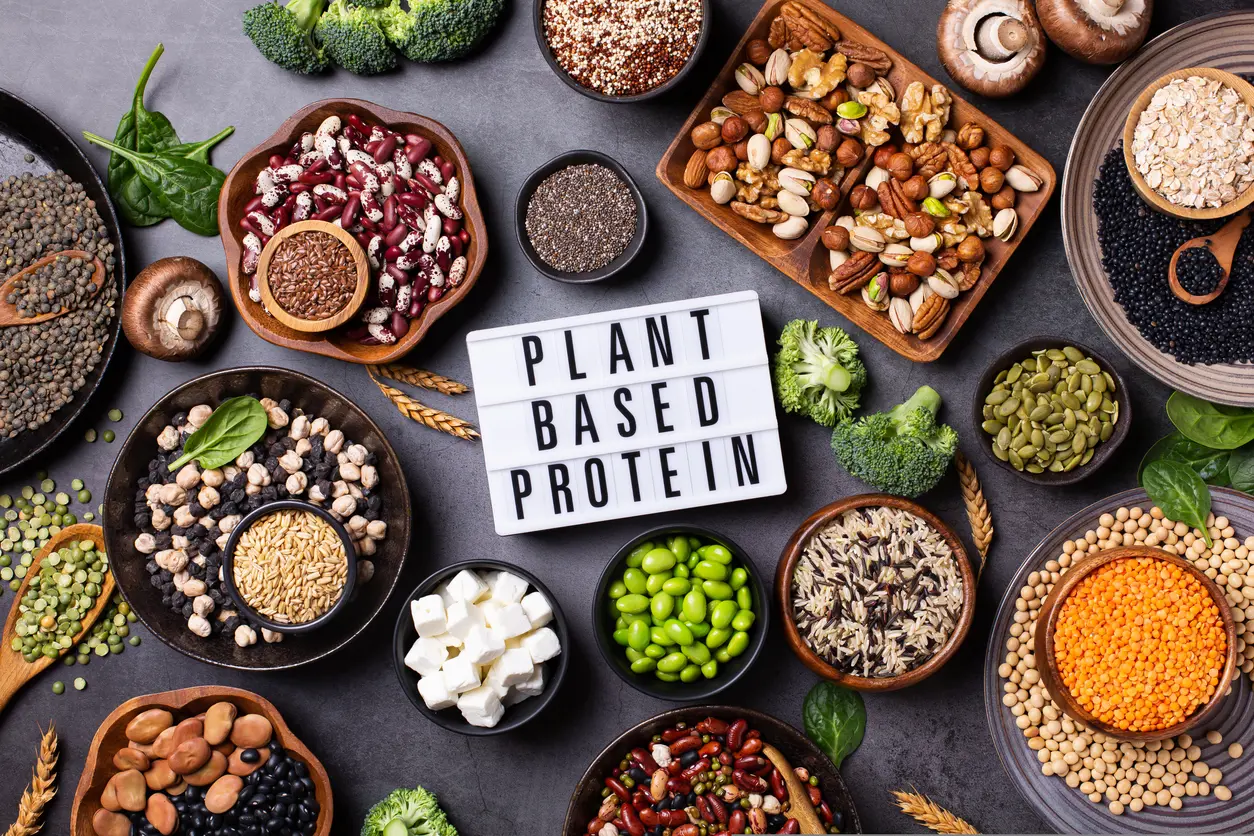Moringa Benefits, Uses, and Nutrition Explained

Moringa is a leafy green plant that has been used in traditional medicine for centuries. More recently, moringa has been used to boost the nutritional content of diets and is considered to be a superfood. Read this article for everything you need to know about moringa benefits and moringa uses.
What is Moringa and What is it Good For?
Moringa is known scientifically as Moringa oleifera, which translates to “the miracle tree.” Moringa is a plant that is typically found in tropical places and regions. [1] Pareek A, Pant M, Gupta MM, et al. Moringa oleifera: An Updated Comprehensive Review of Its Pharmacological Activities, Ethnomedicinal, Phytopharmaceutical Formulation, Clinical, Phytochemical, and Toxicological Aspects. International Journal of Molecular Sciences. 2023;24(3):2098. doi:10.3390/ijms24032098 Moringa is native to parts of India, Africa, and Southeast Asia. There are several species of moringa, but the oleifera species is the one used most for its nutritional properties.
Moringa has been used in Ayurvedic and African traditional medicine to help treat several ailments. Some of these ailments include treatment for worms, headaches, edema, earaches, conjunctivitis, and fever. [1] Pareek A, Pant M, Gupta MM, et al. Moringa oleifera: An Updated Comprehensive Review of Its Pharmacological Activities, Ethnomedicinal, Phytopharmaceutical Formulation, Clinical, Phytochemical, and Toxicological Aspects. International Journal of Molecular Sciences. 2023;24(3):2098. doi:10.3390/ijms24032098
Moringa is available in various forms such as fresh leaves, powders, capsules, teas, and oils. Part of the reason why moringa has been used medicinally is due to its antifungal properties. The antifungal effects of the leaves, seeds, and stems have been shown to help fight against human pathogenic bacteria. [1] Pareek A, Pant M, Gupta MM, et al. Moringa oleifera: An Updated Comprehensive Review of Its Pharmacological Activities, Ethnomedicinal, Phytopharmaceutical Formulation, Clinical, Phytochemical, and Toxicological Aspects. International Journal of Molecular Sciences. 2023;24(3):2098. doi:10.3390/ijms24032098
Moringa Nutrition Facts
Moringa is a nutritional powerhouse, containing many vitamins and minerals. Per 100 grams of the powdered form of moringa, here are the following breakdowns of nutrients: [2] González-Burgos E, Ureña-Vacas I, Sánchez M, Gómez-Serranillos MP. Nutritional Value of Moringa oleifera Lam. Leaf Powder Extracts and Their Neuroprotective Effects via Antioxidative and Mitochondrial Regulation. Nutrients. 2021;13(7):2203. doi:10.3390/nu13072203
- Protein: 22-33 grams
- Vitamin C: 51.7 grams
- Vitamin A: 2300 milligrams
- Calcium: 2000 milligrams
- Iron: 4-28 milligrams
- Magnesium: 42-176 milligrams
- Potassium: 337 milligrams
The antioxidant content will vary based on where the moringa was sourced. This is also the reason why some of the nutrients include a range of values.
Moringa packs a lot of bang for its buck nutritionally, especially compared to some other vegetables. Moringa provides more than 10 times the amount of vitamin A compared to carrots, seventeen times more calcium than milk, and 25 times more iron than spinach. [3] Gopalakrishnan L, Doriya K, Kumar DS. Moringa oleifera: A review on nutritive importance and its medicinal application. Food Science and Human Wellness. 2016;5(2):49-56. doi:10.1016/j.fshw.2016.04.001 While it is still important to eat plenty of fruits and vegetables, moringa is best incorporated supplementally in addition to maintaining a well-balanced diet.
Health Benefits of Moringa
Rich in Antioxidants
There are several health benefits of moringa. The first benefit is that moringa is rich in antioxidants. [4] Peñalver R, Martínez-Zamora L, Lorenzo JM, Ros G, Nieto G. Nutritional and Antioxidant Properties of Moringa oleifera Leaves in Functional Foods. Foods. 2022;11(8):1107. doi:10.3390/foods11081107 Research shows moringa is rich in antioxidants due to the presence of ascorbic acid, flavonoids, phenolics, and carotenoids. Consuming antioxidant-rich foods is helpful for the body as it helps to reduce inflammation and fight off disease states. This is because antioxidants help reduce oxidative stress that the body is exposed to. [4] Peñalver R, Martínez-Zamora L, Lorenzo JM, Ros G, Nieto G. Nutritional and Antioxidant Properties of Moringa oleifera Leaves in Functional Foods. Foods. 2022;11(8):1107. doi:10.3390/foods11081107
Moringa is also a good source of quercetin, which is a specific antioxidant found in the dried leaves of the moringa plant. [5] Vergara-Jimenez M, Almatrafi M, Fernandez M. Bioactive Components in Moringa Oleifera Leaves Protect against Chronic Disease. Antioxidants. 2017;6(4):91. doi:10.3390/antiox6040091 Quercetin’s antioxidant abilities can help improve health outcomes due to its ability to help reduce lipids, blood sugar, and blood pressure. While this may occur for some people, it is always important to consult a qualified healthcare provider to ensure moringa is safe for you to consume. This is especially important if you are taking any medications that affect these conditions.
Moringa also contains chlorogenic acid, which is a phenolic acid that can affect the way glucose is metabolized. [5] Vergara-Jimenez M, Almatrafi M, Fernandez M. Bioactive Components in Moringa Oleifera Leaves Protect against Chronic Disease. Antioxidants. 2017;6(4):91. doi:10.3390/antiox6040091 This effect may be helpful for those living with blood sugar concerns.
Anti-Inflammatory Effects
Another benefit of moringa is its anti-inflammatory effects. There has been some research to indicate that the leaves of the moringa plant can exert an anti-inflammatory effect on the body due to the phenolic compounds they contain. [1] Pareek A, Pant M, Gupta MM, et al. Moringa oleifera: An Updated Comprehensive Review of Its Pharmacological Activities, Ethnomedicinal, Phytopharmaceutical Formulation, Clinical, Phytochemical, and Toxicological Aspects. International Journal of Molecular Sciences. 2023;24(3):2098. doi:10.3390/ijms24032098 There have been some markers of inflammation in animal studies that respond well to moringa, and these levels (such as interleukin-6 and/or tumor necrosis factors) have improved.
Blood Sugar Control
A third benefit of moringa is that it may support blood sugar control for some people. [6] Due to moringa’s high polyphenol content, a relationship is found between these polyphenols and the reduction of blood sugar. The moringa leaf may inhibit digestive enzymes, causing a delay in carbohydrate digestion and a reduction in the spike in blood sugar after eating. This shows promise for helping some people manage blood sugar spikes and better control overall glucose levels.
May Reduce Cholesterol
A fourth benefit of moringa may include helping to optimize cholesterol levels. There is some research in animal model studies that shows promise for moringa’s ability to reduce lipid levels. [7] Mehta K, Balaraman R, Amin AH, Bafna PA, Gulati OD. Effect of fruits of Moringa oleifera on the lipid profile of normal and hypercholesterolaemic rabbits. Journal of Ethnopharmacology. 2003;86(2-3):191-195. doi:10.1016/s0378-8741(03)00075-8 The fiber combined with the vitamin profile of the moringa has been shown to help some animal models improve lipid levels. More research is needed in this area to make correlations and/or conclusions for the implications that this may have for humans.
Immune Support & Antimicrobial Effects
A fifth benefit of moringa is its ability to help boost immune function. All parts of the moringa plant can be made into formulations that can help to fight against bacteria, fungi, and viruses. [8] Xiao X, Wang J, Meng C, et al. Moringa oleifera Lam and its Therapeutic Effects in Immune Disorders. Frontiers in Pharmacology. 2020;11. doi:10.3389/fphar.2020.566783 Moringa contains compounds with antibacterial and antifungal potential, making it helpful for the management of several immune conditions. Due to its properties, it has been shown to be helpful for certain conditions like ulcerative colitis, arthritis, dermatitis, and others. [8] Xiao X, Wang J, Meng C, et al. Moringa oleifera Lam and its Therapeutic Effects in Immune Disorders. Frontiers in Pharmacology. 2020;11. doi:10.3389/fphar.2020.566783
Is Moringa Safe? Side Effects and Precautions
Moringa is likely safe in moderate amounts for most people. [9] Stohs SJ, Hartman MJ. Stohs SJ, Hartman MJ. Review of the Safety and Efficacy of Moringa oleifera. Phytotherapy Research. 2015;29(6):796-804. doi:10.1002/ptr.5325 However, it is always important to run new supplements by a qualified care provider to ensure they are safe for you. In excessive doses, any supplement can be harmful. In larger doses, there are possible side effects such as nausea and stomach upset.
Moringa is not recommended during pregnancy as certain parts of the leaves can be stimulative for the uterus. If you are on other medications, such as blood pressure or blood sugar medications, it is also important to cross-check a moringa supplement with these medications to ensure there is no dangerous interaction.
As mentioned, it is important to consult a doctor or qualified care provider if you are thinking about introducing moringa.
Pros and Cons of Using Moringa
There are pros and cons to consider if thinking about using moringa. Some of the pros include:
- It has a high nutritional value. Moringa offers a potent source of vitamins and antioxidants.
- It can be taken in several different forms. The versatility of the way in which moringa can be taken is helpful, as it can be taken in powder, tea, or fresh forms.
- It may help support many body systems. From reducing inflammation to blood sugar effects to aiding in lipid levels, moringa may be a helpful supplement for many individuals.
- It is widely available and affordable, making it an easy supplement that most people can utilize and benefit from.
Some of the cons of taking moringa include:
- More research is needed to determine any strong clinical conclusions, especially in human studies.
- Moringa has an earthy taste that may not appeal to all people.
- The quality of moringa can vary depending on which supplement is chosen. This is due to the unregulated nature of the supplement industry.
- Overuse can cause digestive upset and may interfere with other medications.
Conclusion
Overall, moringa is a powerful and nutrient-rich plant that has a long history of medicinal use. If you feel you could benefit from moringa, you can begin to incorporate it in small doses to see if it sits well with your system. While more large-scale studies are needed to determine conclusive results, moringa may offer many potential benefits for some people. Reduction of inflammation, more optimal blood sugar levels, and lipid level optimization are all positive side effects of using moringa.
If you are thinking about introducing moringa, consider using it more supplementally, rather than as a cure-all. It is always best paired with a balanced, whole-food diet. If you are thinking about trying moringa and are cleared by a healthcare provider to do so, start by introducing it in small amounts, such as by adding it to a smoothie or a soup. If it works well for you, your health and well-being will thank you.
Was this article helpful?
-
Moringa oleifera: An Updated Comprehensive Review of Its Pharmacological Activities, Ethnomedicinal, Phytopharmaceutical Formulation, Clinical, Phytochemical, and Toxicological Aspects. International Journal of Molecular Sciences. 2023;24(3):2098. doi:10.3390/ijms24032098; Pareek A, Pant M, Gupta MM, et al. ;
https://pmc.ncbi.nlm.nih.gov/articles/PMC9916933/ -
Nutritional Value of Moringa oleifera Lam. Leaf Powder Extracts and Their Neuroprotective Effects via Antioxidative and Mitochondrial Regulation. Nutrients. 2021;13(7):2203. doi:10.3390/nu13072203; González-Burgos E, Ureña-Vacas I, Sánchez M, Gómez-Serranillos MP. ;
https://pubmed.ncbi.nlm.nih.gov/34206952/ -
Moringa oleifera: A review on nutritive importance and its medicinal application. Food Science and Human Wellness. 2016;5(2):49-56. doi:10.1016/j.fshw.2016.04.001; Gopalakrishnan L, Doriya K, Kumar DS.;
https://www.sciencedirect.com/science/article/pii/S2213453016300362 -
Nutritional and Antioxidant Properties of Moringa oleifera Leaves in Functional Foods. Foods. 2022;11(8):1107. doi:10.3390/foods11081107; Peñalver R, Martínez-Zamora L, Lorenzo JM, Ros G, Nieto G. ;
https://pubmed.ncbi.nlm.nih.gov/35454694/ -
Bioactive Components in Moringa Oleifera Leaves Protect against Chronic Disease. Antioxidants. 2017;6(4):91. doi:10.3390/antiox6040091; Vergara-Jimenez M, Almatrafi M, Fernandez M.;
https://pubmed.ncbi.nlm.nih.gov/29144438/ -
Effects of Moringa oleifera on Glycaemia and Insulin Levels: A Review of Animal and Human Studies. Nutrients. 2019;11(12):2907. doi:10.3390/nu11122907; Vargas-Sánchez K, Garay-Jaramillo E, González-Reyes RE. ;
https://pubmed.ncbi.nlm.nih.gov/31810205/ -
Effect of fruits of Moringa oleifera on the lipid profile of normal and hypercholesterolaemic rabbits. Journal of Ethnopharmacology. 2003;86(2-3):191-195. doi:10.1016/s0378-8741(03)00075-8; Mehta K, Balaraman R, Amin AH, Bafna PA, Gulati OD. ;
https://pubmed.ncbi.nlm.nih.gov/12738086/ -
Moringa oleifera Lam and its Therapeutic Effects in Immune Disorders. Frontiers in Pharmacology. 2020;11. doi:10.3389/fphar.2020.566783; Xiao X, Wang J, Meng C, et al. ;
https://www.frontiersin.org/journals/pharmacology/articles/10.3389/fphar.2020.566783/full -
Stohs SJ, Hartman MJ. Review of the Safety and Efficacy of Moringa oleifera. Phytotherapy Research. 2015;29(6):796-804. doi:10.1002/ptr.5325; Stohs SJ, Hartman MJ. ;
https://pubmed.ncbi.nlm.nih.gov/25808883/









